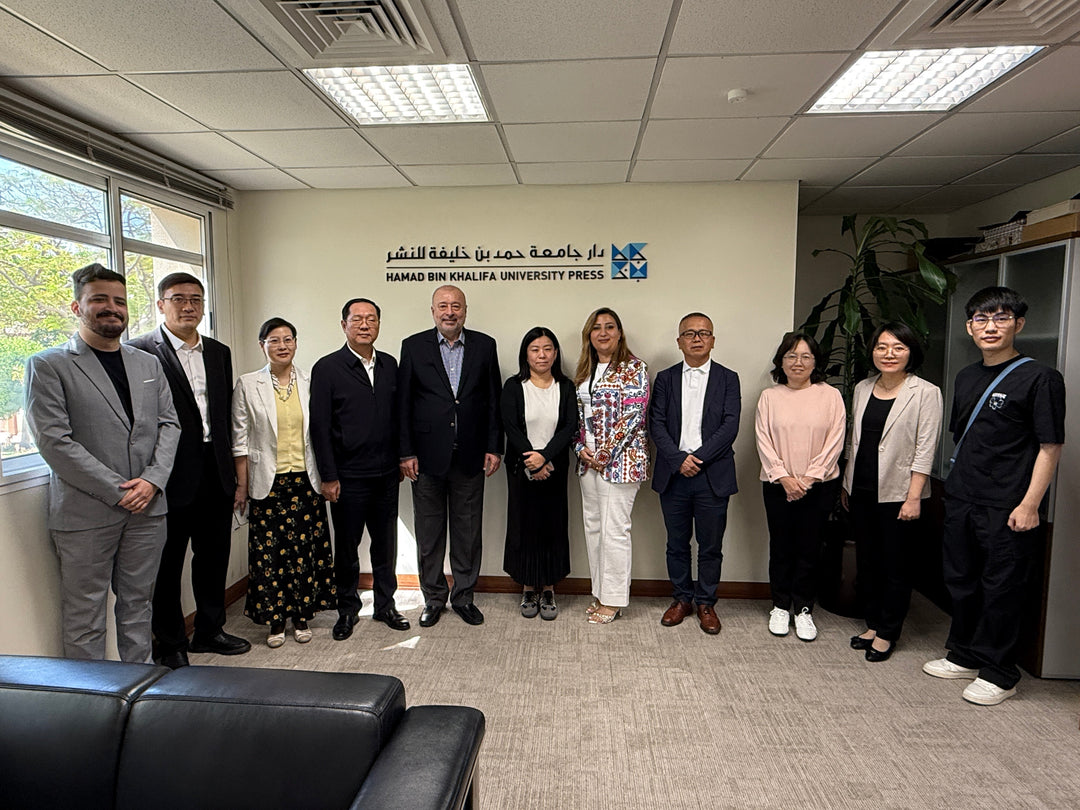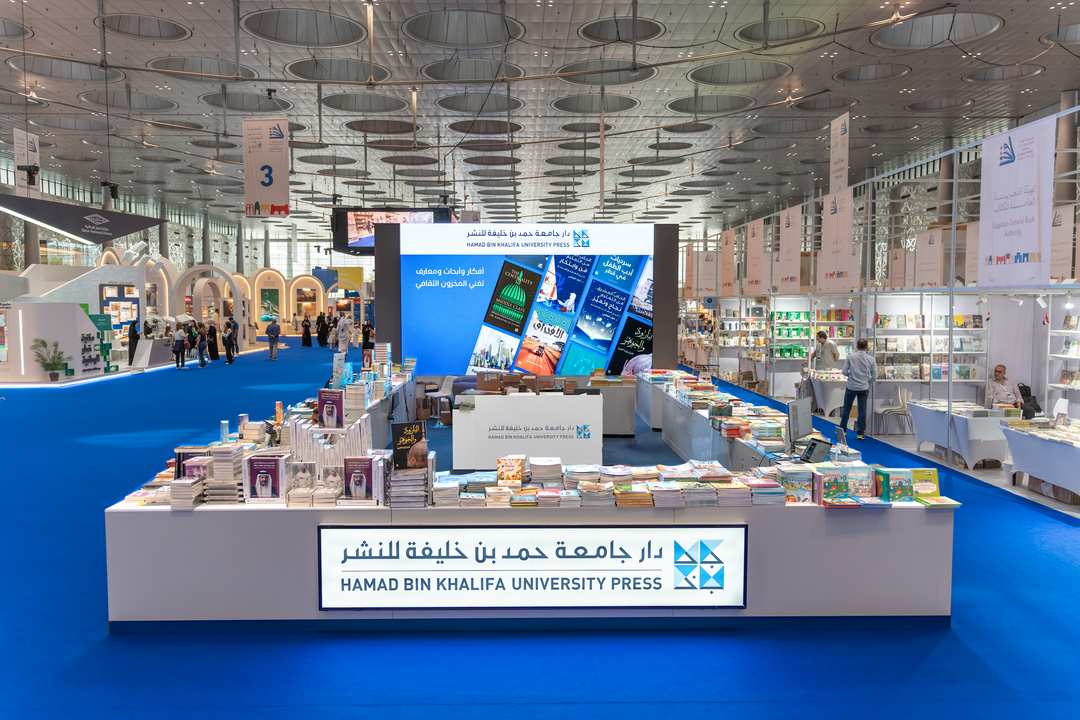HBKU Press Publishes Study about Real-Time Air Pollution in Education City by Weill Cornell Medicine-Qatar (WCM-Q)

Hamad Bin Khalifa University Press (HBKU Press) has recently published the findings of an air pollution study conducted by five students at Weill Cornell Medicine-Qatar (WCM-Q), as a part of the Student Research Mentorship Program (SRMP) and in collaboration with Qatar Mobility Improvement Center (QMIC), in its open access journal, QScience Connect, on QScience.com
The study aimed to measure and report on air pollution levels specifically in Education City to assess air pollution’s impact on public health and wellbeing. The study, undertaken from March 2019 to March 2020, assessed air quality samples from two locations in Education City during the summer, fall, and winter seasons whereby the researchers developed a method for on-site calibration of air pollution sensors in real time. The study found air pollution levels in Education City to be much lower than those previously reported for other locations in Doha. Based on the results, a widely applicable calibration scheme for two air quality sensors was developed.
“At HBKU Press, we aim to support local researchers that evaluate pertinent issues related to a wide variety of topics, including public health,” explains Dr. Rima Isaifan, Head of Academic and Journals Publishing at HBKU Press. “By publishing articles about topical issues without barriers to subscriptions and in open access journals like QScience Connect, local researchers are provided a global platform on which to reach international audiences and local research is made available on global indexing services. In this way, HBKU Press provides a platform for participating in the wider knowledge economy and global exchange of ideas and information.”
The findings are of interest to policymakers and public health workers in Qatar and the greater Gulf and MENA region as they seek to mitigate pollution in the naturally arid and dusty climate.
“Air pollution is a universal threat to human health and wellbeing which makes real-time air quality monitoring of paramount importance,” explains Dr. Mohammad Yousef, an Associate Professor of Physics at WCM-Q and the mentor overseeing the research. “For maximum public health benefits, air pollution monitoring systems should be accurate, robust, and real-time. The findings of this study can support the development of data-driven pollution management policies in the future.”
The research was funded by the Student Research Mentorship Program (SRMP), which is a unique opportunity for WCM-Q students that generously funds student research initiatives that expose future physicians to research early on in their training. With the help of accomplished and experienced mentors at WCM-Q, students formulate their research question(s), carry out the research, and submit a written report.
The authors of the study, Kevin Zhai, Mohammad Bhatti, Omar Khalil, Laila Khalil, and Moza Al-Hail, are students in the six-year medical program at WCM-Q. Together with Dr. Yousef and QMIC, who provided data sharing, technical support, and institutional expertise to the team of researchers, the full details of the study and results were published in an article titled, Real-time air pollution (PM2.5) measurements in Education City, Doha, Qatar: Evaluating data from two different photometric monitors.
“The SRMP program, run by our research department, is a testament to the commitment of WCM-Q to learning through experience as such meaningful research is pivotal to our training as future physicians,” said the authors in a joint statement. “We also had a remarkable experience during the publishing process with HBKU Press. The peer review process was thorough, timely and very constructive. The staff were very professional and efficient throughout the publication process. It is really great that we have such an outstanding outlet for research of impact here in Qatar.”
To learn more about the study and see the results in full, please visit the QScience Connect Journal on QScience.com to read the article in full:
https://www.qscience.com/content/journals/10.5339/connect.2020.5






